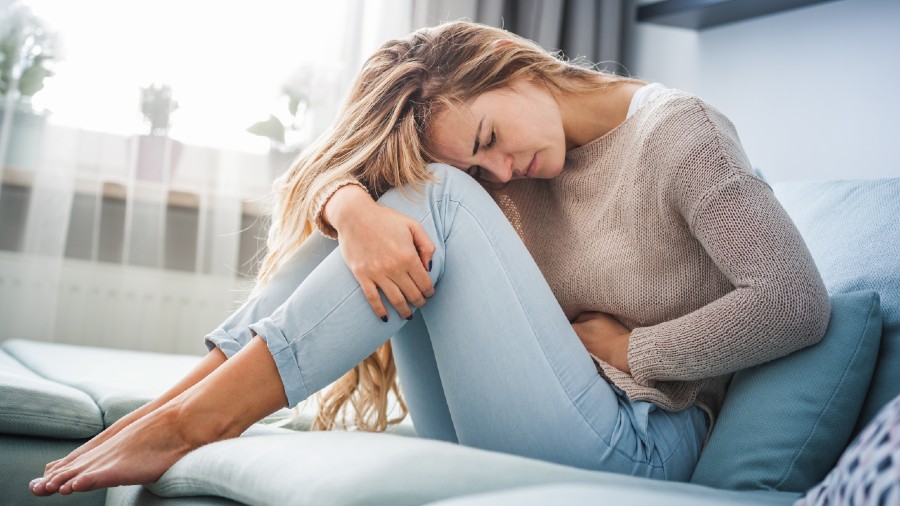Menstruation, periods or “that time of the month” is a normal, physiological phenomenon that occurs in women. It indicates that their reproductive organs are ready for reproduction. Once menstruation sets in, the uterus develops a lining conducive for the implantation and growth of a baby. If pregnancy does not occur, the uterus sheds its lining made up of blood and cells.
Menarche is the age at which menstruation starts. It varies widely depending on genes, the nurturing environment, body stature, body mass index and socioeconomic status. It can occur anywhere between 11 and 16 years of age.
The menstruation cycle can vary from 24 to 45 days. The majority of women have 28-day cycles. Bleeding can continue from two to seven days. Hormone pills such as oral contraceptives or the progesterone-only pills and IUD (copper T, loop) can change both the date of menstruation and the flow, making it light or heavy.
The hormonal changes associated with menstruation can cause the body to feel bloated, the breasts tender, aggravate acne and increase appetite. There may also be mood swings and cramps in the lower back and abdomen.
Periods are usually associated with mild, tolerable lower abdomen or back discomfort but the pain (dysmenorrhoea) can be severe enough to interfere with day-to-day activities. Primary dysmenorrhoea occurs during the teenage years or early twenties. Investigations and scans do not reveal any pelvic problems. This normally responds to analgesics and drugs such as ibuprofen or mefenamic acid. It often starts a day before the period and lasts 2-4 days. Active women who do aerobic exercises and yoga are less likely to suffer from debilitating dysmenorrhoea.
Secondary dysmenorrhoea occurs suddenly in older women who did not have pain earlier. It may be associated with symptoms such as the passing of clots, irregular cycles, swelling in the abdomen, frequent urination or white discharge. It has to be investigated with blood tests and imaging.
Menstrual hygiene is very important. Change sanitary pads every six hours and tampons every two hours. Even if you have a heavy flow, two pads or a combination of tampons and pads is not recommended. It is vital to change tampons regularly as they can become contaminated with bacteria if left for long periods of time, causing a dangerous and sometimes fatal condition called “toxic shock syndrome”. Cloth, if used, should be changed as frequently and washed thoroughly with a detergent. Menstrual cups are hygienic and environment-friendly. They can be used for 6-8 hours.
Rashes can occur on the inner thigh if wet pads are left on for too long. Ointments and medicated powders can help with this condition.
It is very important to educate adolescents about menstruation and menstrual hygiene. They should be encouraged to continue to exercise regularly and eat healthy.
The writer is a paediatrician with a family practice at Vellore and the author of Staying Healthy in Modern India. If you have any questions on health issues please write to yourhealthgm@yahoo.co.in










